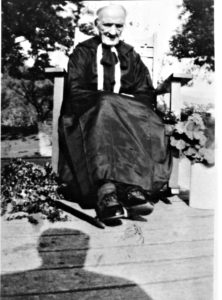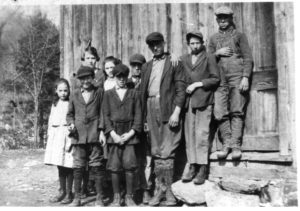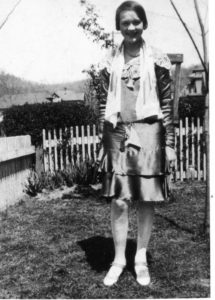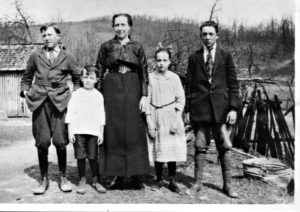I n the past 6 months it has become trendy for folks on Facebook to express what a downer it is to see so many political posts clogging up their news feed. Some have been so turned off that they left social media all together. We all understand that what is happening is that they do not enjoy anyone saying “Hello, from the other side!”
n the past 6 months it has become trendy for folks on Facebook to express what a downer it is to see so many political posts clogging up their news feed. Some have been so turned off that they left social media all together. We all understand that what is happening is that they do not enjoy anyone saying “Hello, from the other side!”
Having taught U.S. Government for a few years, I sense that this election has accomplished something that I had long since thought impossible. Back in the day, I would beg my seniors in high school to become engaged in the process of democracy as a way to make it more healthy, vibrant and responsive to the people being governed. More often than not they would look at me with their dull eyes and say, “I am only taking this class so I can graduate Ms. E.”
The death of democracy is not likely to be an assassination from ambush. It will be a slow extinction from apathy, indifference, and under-nourishment.Â
(Robert M. Hutchins, 1899 – 1977)
Things have changed with the 2016 election and I say “Hurrah!” Have you ever seen so many people with strong stands on any number of issues willing to go to press (you know, Facebook) or the streets to share them? That is the definition of a healthier democracy when citizens leave their apathy about government behind and begin organizing demonstrations, donating money to causes, holding the other team accountable and caring about their country in deep visceral ways. I say, the election accomplished what I thought was gone from our country–deeper engagement with the values and goals that we all hold dear.
The democratic ideal in local government implies that active participation of the citizens in local affairs is both a goal in itself and an instrument for strengthening democracy in society at large.
(Kjellberg, F. 1995. ―The Changing Values of Local Government‖ in Annals of the American Academy of Political and Social Science, vol 540, 40)
Maybe we can read our “friend’s” posts with gratefulness knowing that freedom of expression is a value we all hold dear. Testing our own beliefs by listening to the other side is a tried and true way of growing in understanding of how complicated and multi layered are the difficult issues our country faces. It just seems senseless to withdraw into a small, isolationist “unfriending” world. After all, we don’t need government to graduate…we need it for community well being!





